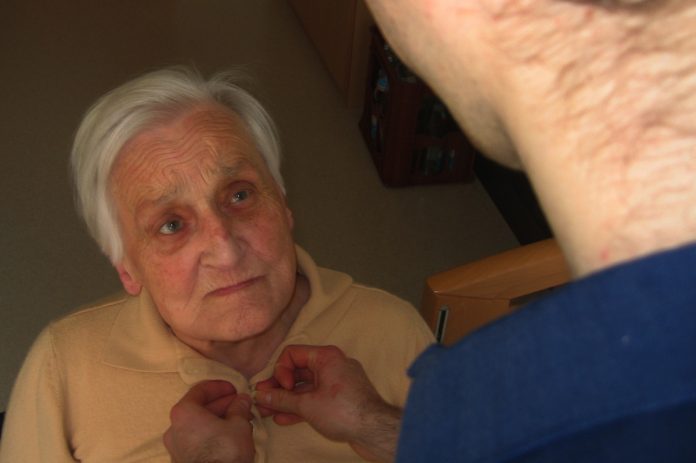
If you notice that a loved one is experiencing memory loss, it’s important that the person sees a doctor.
The individual could be displaying signs of dementia or Alzheimer’s disease, or he or she could have another problem.
But trying to persuade the person to actually see a doctor may be more challenging than you first think.
If your loved one is reluctant to visit a doctor, here are some helpful methods you can use to convince him or her to attend an appointment.
Talk to Your Loved One, Ensuring You Use the Right Words and Tone
The first thing you need to try to convince your loved one to see a doctor is to simply have a conversation with the person.
It could be easier than you think to persuade your loved one to visit a doctor about his or her memory problem.
But when having a conversation, make sure you choose your words carefully.
When the individual with memory loss is aware of his or her cognitive changes, he or she may be worried that the symptoms are from dementia or Alzheimer’s disease, and that could put the person off seeing a doctor. It could be more comforting for your loved one to deny there is a problem.
But the change in memory might not be due to dementia or Alzheimer’s.
So, try to avoid mentioning those terms when talking to your loved one about seeing a doctor.
Instead, say something like, “Let’s visit the doctor to find out what might be causing the problems you’re experiencing.”
Also, make sure you come across as caring and loving, and ensure you listen to your loved one. The more you show you care and the less agitated you are, perhaps about the person refusing to seek professional help, the easier it will be to persuade the individual to see a doctor.
Express Your Concerns to Your Loved One
If your loved one keeps saying something like, “I’m alright as I am. I don’t need to see a doctor,” express how much you are concerned about the problem.
You could say something like, “You may feel as though you’re alright as you are, but I’m concerned about your memory loss problems and it’s causing me stress.”
That might encourage your loved one to go to the doctor because your loved one will want to help you reduce your concerns and stress.
Ask One of Your Loved One’s Friends for Support
If your loved one is still refusing to see a doctor about his or her memory issues, enlist support from one of your loved one’s close friends.
Often, people take more notice of their friends’ advice than they do their family’s advice.
If your loved one has a friend who he or she has known for years and trusts, discuss the problem with that friend to see if the friend has noticed memory problems in your loved one and to gain support from that person.
Your loved one with memory problems could listen more to a friend and, in turn, agree to see a doctor.
Make the Doctor’s Visit Part of an Enjoyable Outing
Whether you want your loved one to see his or her local doctor or attend a dementia clinic appointment to get to the bottom of his or her memory loss problem, you could pair the visit with an enjoyable outing, such as going on a picnic or dining at a restaurant.
Your loved one might be more willing to visit a doctor when he or she is already out and about and having a nice time.
Get Creative
Your loved one’s judgment could be impaired if he or she has dementia or Alzheimer’s disease, which means you might need to get more creative in the way you encourage him or her to see a doctor.
For example, if you take the person out to lunch, afterward, you could tell your loved one that he or she has a doctor’s appointment to attend on the way home.
You could even bend the truth and say the appointment is for something like a regular check-up.





















